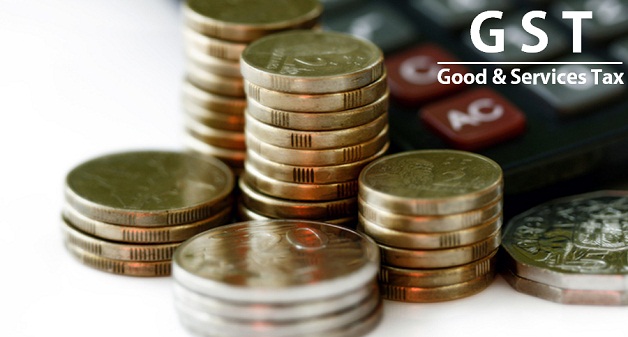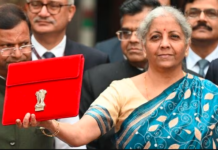After the big reform in the year 1991, with the introduction of the LPG (Liberalization, Privatization, and Globalization) policy in India, the huge transformation in the working and tax system of the country will come through the introduction of Goods and Service Tax (GST). The bill has passed a hurdle as it has been cleared with a majority in the Rajya Sabha. Now, the bill has come to Lok Sabha with some amendments made by the Rajya Sabha and the whole country is eagerly waiting for the result. But right before the discussions, the Industries have already started exuding confidence in the bill. The whole trade and industry bodies are very positive about the bill and are hopeful that GST will be a catalyst for the future economic growth of the country.
The bill would surely make the Indian product competitive and presentable in the global market. The most recent comment on the issue comes from Federation of Indian Chambers of Commerce and Industry (FICCI), who is of the opinion that the biggest advantage of the Bill would be to the ultimate consumers of the goods and services as the tax burden on them will reduce to a great extent as presently it is a huge figure of around 25-30%.
On Wednesday, the FICCI president Harshvardhan Neotia said that “GST is one of the most awaited reform measures by the industry. It is heartening to see that there is a consensus emerging in the passage of crucial GST Bill. It is noteworthy that the Principal opposition party has played a constructive role by articulating some of the concerns which have been noted by the government and would help form a base of a robust GST framework for India.”
“The cooperation extended by opposition to this crucial legislation is the cornerstone of democracy and gives the industry a lot of hope on the progress of reforms in the country,”, he added.
The whole fraternity of producers and marketers along with a large part of ‘India Inc’ are of the opinion that the Government should keep the GST rate below 20% for greater benefits. If the standard GST rate will be more than 20%, then, it will be counterproductive for industry and lead to inflation, especially on the side of services. The ASSOCHAM (Associated Chambers of Commerce and Industry of India) Secretary General D. S. Rawat has an opinion that no tax reform can succeed until and unless, it generates sufficient revenue for the central and state governments. Also, the BST should not lead to a rise in the prices of critical services like banking, railways, healthcare, and telecom, etc.
The ASSOCHAM paper said that ““No tax reform can succeed unless adequate revenue generation is assured both to the Centre and the states. Likewise, in the case of GST, the Revenue Neutral Rate (RNR) should be worked out, taking into account the tax buoyancy and all out efforts must be made in this direction. With the kind of IT backbone being readied, the taxation stream should be able to detect any single link seeking to break the chain of value. On their parts, the trade and industry would also like to fall in place if seamless input credit is available and adjusted with the net result that the overall tax incidence,especially on goods is brought down”.
Rawat also added, “Our assessment shows that the industry can live with GST benchmark rate of a band of 17-20 per cent. Anything above that will be counterproductive and lead to inflation, especially on the side of services. Besides, the most important stakeholders in the entire process of reforms are the people of India, who should savor the pudding (as its proof) and then will surely support the entire gamut of economic reforms”.
There are reports that the states are concerned over their revenue generation from the new tax system but the ASSOCHAM explains that there would be no tax loss to the states, once the tax resilience results into GDP growth, operational efficiency and businesses getting into mainstream, the whole scenario will be a win-win even for the states.
“After all, it is only the states which can make India a single and common market. This is why; work needs to be done on a war footing in the next seven months to fix each and every problem that may crop up. As far as possible, no sector of the economy should be made to feel GST as a problem, instead, it should be welcomed as a major solution to the complexities in the Indian economy paradigm,” the ASSOCHAM said.
ASSOCHAM is playing an important part in forming a bridge between its members, industry and the Government so that they can mutually thrash out any issues and collectively “move towards implementation of the most important reform in Indian history”.












